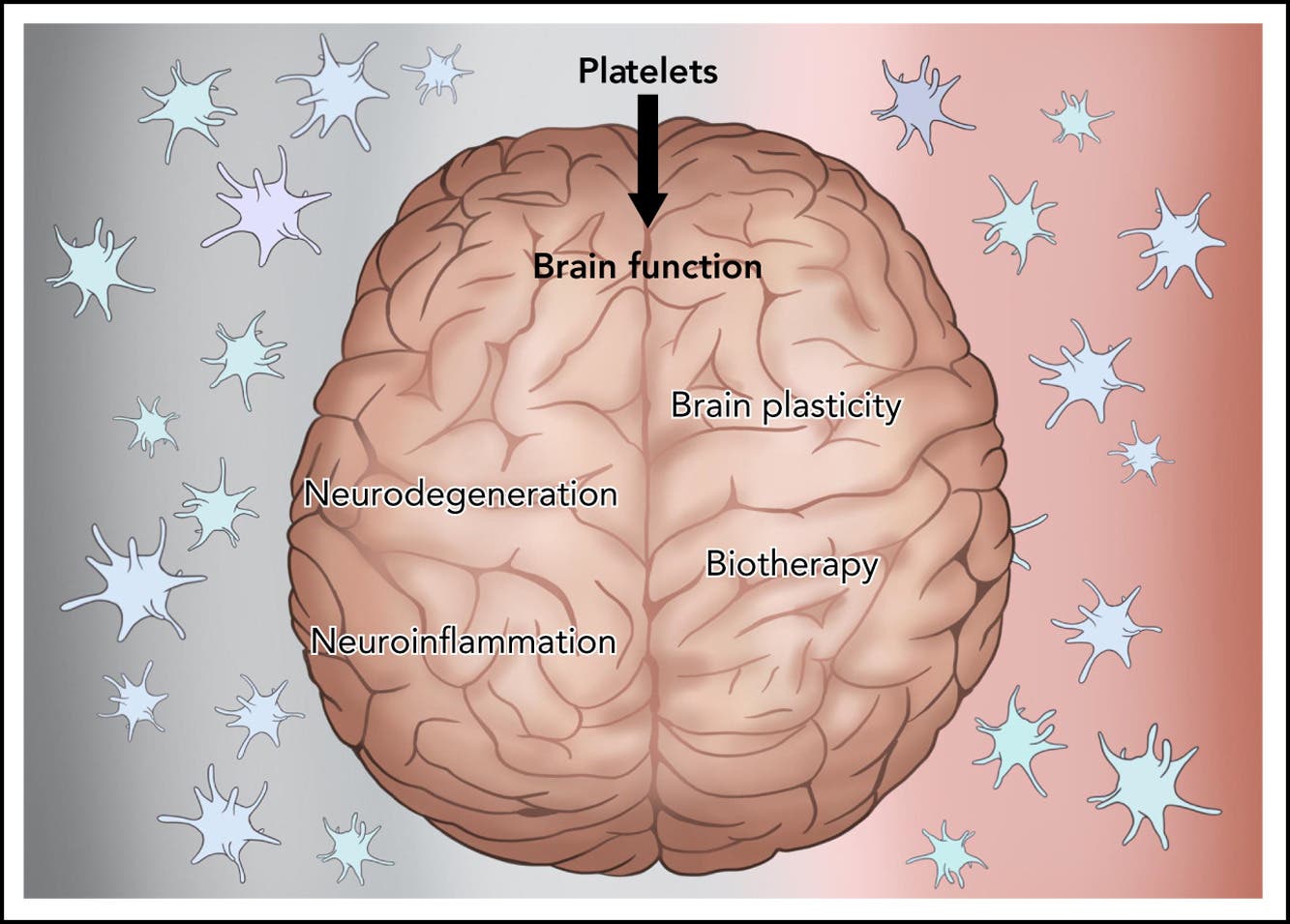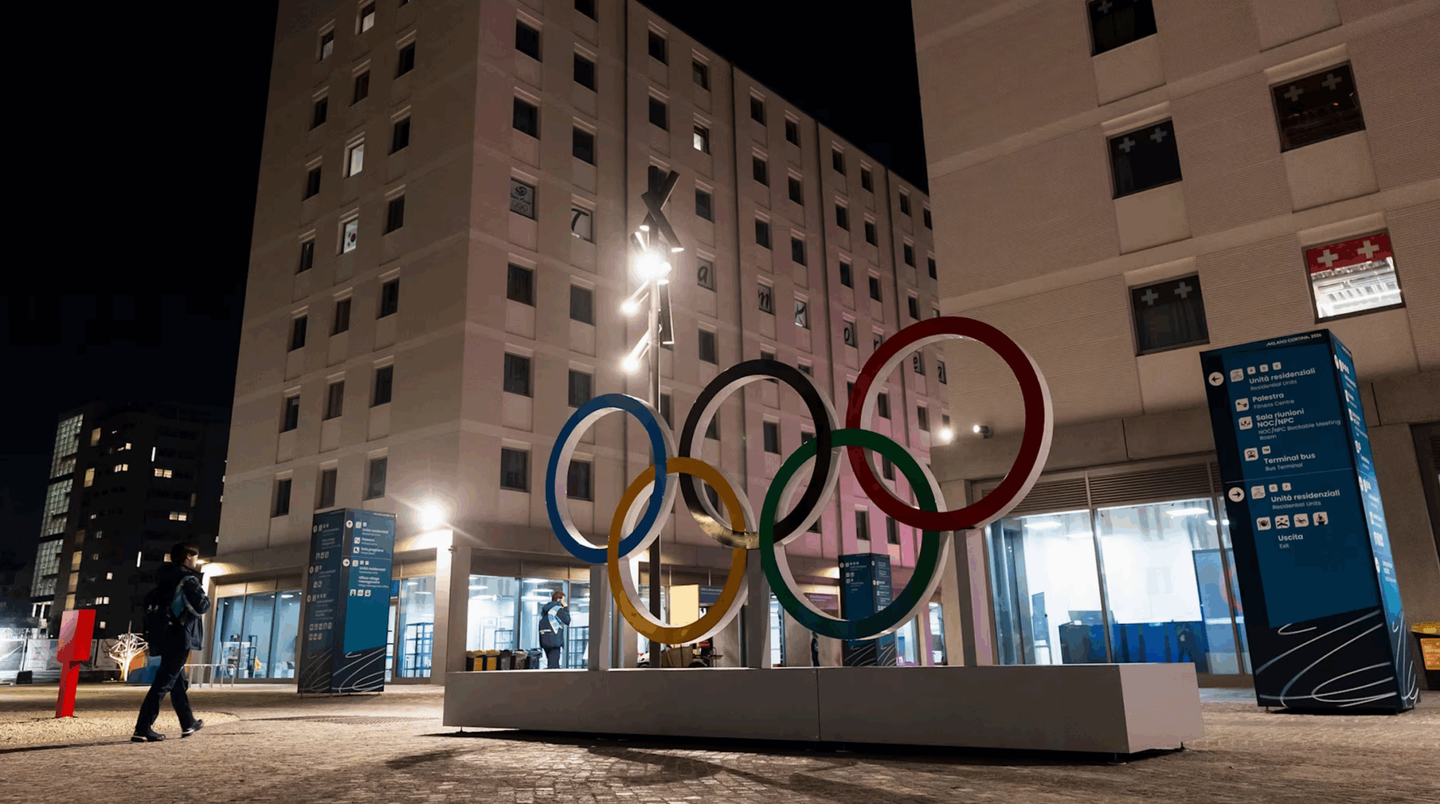New discovery can replicate the benefits of exercise in the brain
A groundbreaking discovery has been made which could pave the way for a new era in the fight against cognitive decline.

[Aug. 18, 2023: Staff Writer, The Brighter Side of News]
A groundbreaking discovery has been made which could pave the way for a new era in the fight against cognitive decline. (CREDIT: Creative Commons)
In a breakthrough research initiative at the University of Queensland, a groundbreaking discovery has been made which could pave the way for a new era in the fight against cognitive decline.
An innovative investigation spearheaded by Dr. Odette Leiter and Dr. Tara Walker from the Queensland Brain Institute has unveiled the promising potential of a specific blood factor. When introduced into the system, this element can simulate the cognitive benefits of exercise, particularly in the brain.
At the crux of this finding is the minute yet mighty platelet, a crucial component of our blood responsible for clotting. The research team led by Dr. Leiter and Dr. Walker has revealed that these platelets secrete a special protein that has the astounding ability to rejuvenate neurons in aged mice, drawing parallels to the revitalizing effects of physical exercise.
Dr. Odette Leiter elaborated, “We know exercise increases production of new neurons in the hippocampus, the part of the brain important for learning and memory, but the mechanism hasn’t been clear.” Her subsequent comment encapsulated the depth of this discovery: “Our previous research has shown platelets are involved, but this study shows platelets are actually required for this effect in the aged mice.”
Related Stories
Peeling back the layers of this pioneering study, one finds the role of "exerkines" at its core. Exerkines are potent biological compounds that find their way into the bloodstream during physical activity. They are postulated to trigger the exercise-induced enhancements observed in the brain.
It was this avenue of research that led the team to the identification of the exerkine named CXCL4, also recognized as Platelet factor 4 or PF4. “We discovered that the exerkine CXCL4/Platelet factor 4 or PF4, which is released from platelets after exercise, results in regenerative and cognitive improvements when injected into aged mice,” revealed Dr. Leiter.
The ramifications of these findings stretch far and wide, particularly in the realm of medical intervention. As Dr. Walker points out, “For a lot of people with health conditions, mobility issues or of advanced age, exercise isn’t possible, so pharmacological intervention is an important area of research.”
Neural stem cells in a mouse hippocampus shown in green (cell bodies shown in blue) give rise to new mature neurons. (CREDIT: Nature Communications)
She further explained the potential applications of this discovery: “We can now target platelets to promote neurogenesis, enhance cognition and counteract age-related cognitive decline.”
The ambitious trajectory of this research doesn't stop here. The next phase, according to the enthusiastic team, involves assessing the response of this treatment in mice afflicted with Alzheimer's disease. This would be the precursor to the ultimate goal – human trials.
Experimental design of PF4 injection paradigm in young mice. b, c Intravenous (i.v.) PF4 injections for 1 week did not affect neural precursor cell proliferation in the subgranular zone (SGZ; n = 10 mice in saline group; n = 9 mice in PF4 group; counts of one hemisphere), but increased the number of doublecortin+ (DCX+) cells (n = 15 mice per group; counts of one hemisphere). (CREDIT: Nature Communications)
However, Dr. Walker cautioned against seeing this development as a silver bullet. “It’s important to note this is not a replacement for exercise,” she stated, reinforcing the inherent value of physical activity. Nonetheless, the therapeutic potential remains prodigious. "But it could help the very elderly or someone who has had a brain injury or stroke to improve cognition,” Dr. Walker emphasized.
The meticulous details and groundbreaking findings of this study have been comprehensively chronicled in the esteemed scientific journal, Nature Communications. As researchers worldwide continue to grapple with the complex tapestry of the human brain, this research from the University of Queensland stands out as a beacon of hope, illuminating potential pathways for enhancing cognitive health.
In an age where the quest for mental longevity is ever-pressing, such discoveries underscore the potential symbiosis between the innate mechanisms of our body and the frontiers of modern science. And in this intricate dance, the unsuspecting platelet emerges, not just as a clotting agent, but as a potential guardian of cognitive vitality.
For more science stories check out our New Innovations section at The Brighter Side of News.
Note: Materials provided above by The Brighter Side of News. Content may be edited for style and length.
Like these kind of feel good stories? Get the Brighter Side of News' newsletter.



